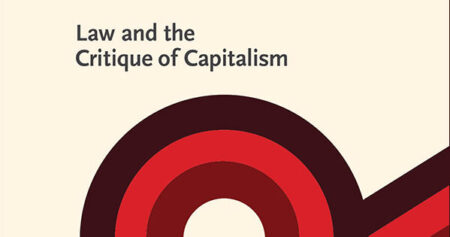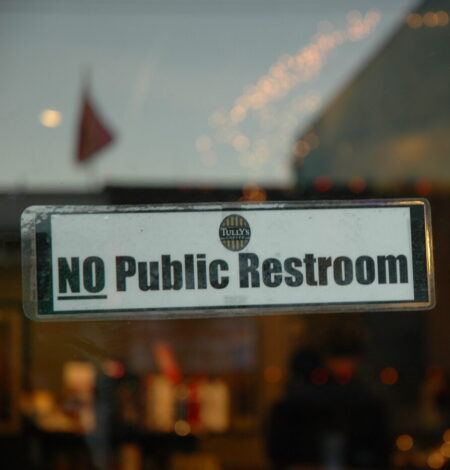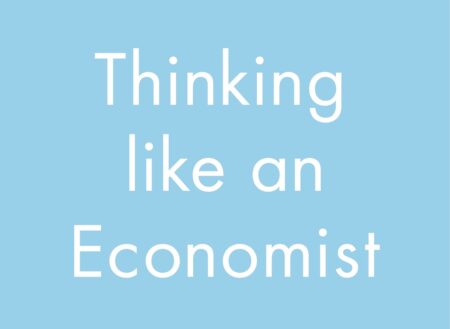
What’s Beyond “Beyond Neoliberalism”?
Neoliberalism, we are increasingly told, has one foot in the grave. It is worth, then, thinking seriously about what comes next. What paradigms might replace it, or give it one more mutated form? One possibility, gaining attention in mainstream progressive policy circles, is what some call “productivism” or “supply side liberalism.” But will a focus on production really address the fundamental problems with our political economy? And to what extent does this supposedly new version of industrial policy move us beyond the governing vision that defined neoliberalism itself?






